Phentermine Tablets
$50.00 – $150.00
Phentermine Tablets
Phentermine is a medication primarily used for short-term weight loss management in conjunction with exercise, diet, and behavioral modification.
Phentermine Tablets
Phentermine is a medication primarily used for short-term weight loss management in conjunction with exercise, diet, and behavioral modification. Below is a breakdown of its description, uses, side effects, and precautions:
Description:
- Phentermine is a sympathomimetic amine and anorectic agent. It works as an appetite suppressant by stimulating the release of neurotransmitters like norepinephrine, which decreases appetite and increases feelings of fullness.
- It is typically available in tablet or capsule form, in various strengths ranging from 15 mg to 37.5 mg.
- Phentermine is usually taken orally, typically once a day in the morning or as directed by a healthcare provider.
Uses:
- Weight loss: Phentermine is used as a short-term adjunct to a reduced-calorie diet and exercise regimen for weight loss in individuals with obesity or those who are overweight and have weight-related medical problems.
- Obesity management: It can help people with obesity to achieve and maintain a healthier weight, which can reduce the risk of obesity-related conditions such as type 2 diabetes, high blood pressure, and high cholesterol.
Side Effects:
- Common side effects of phentermine may include:
- Dry mouth
- Insomnia
- Increased heart rate
- Constipation or diarrhea
- Headache
- Dizziness
- Restlessness or nervousness
- Elevated blood pressure
- Less common but more severe side effects may include:
- Cardiac valvular disease
- Primary pulmonary hypertension
- Psychiatric effects such as euphoria, dysphoria, or psychosis
- Seizures
- Allergic reactions
Precautions:
- Cardiovascular risk: Phentermine may increase blood pressure and heart rate, which can pose risks for individuals with pre-existing cardiovascular conditions such as heart disease, hypertension, or arrhythmias. It should be used with caution or avoided in these populations.
- History of substance abuse: Phentermine has the potential for abuse and dependence due to its stimulant properties. Individuals with a history of substance abuse or dependence should use it cautiously under close medical supervision.
- Pregnancy and breastfeeding: Phentermine is not recommended during pregnancy or breastfeeding due to potential risks to the fetus or newborn. It should only be used if the potential benefits outweigh the risks and under the guidance of a healthcare provider.
- Glaucoma: Phentermine may exacerbate glaucoma or increase intraocular pressure, so it should be used with caution in individuals with glaucoma.
- Mental health: Phentermine may exacerbate existing psychiatric conditions such as depression or anxiety. It should be used cautiously in individuals with a history of mental health disorders and monitored closely for changes in mood or behavior.
Phentermine should only be used under the supervision of a healthcare provider and as part of a comprehensive weight loss program that includes dietary changes, exercise, and behavioral therapy. It is not intended for long-term use and should be discontinued if significant weight loss is not achieved or if side effects occur. Always follow your healthcare provider’s instructions and report any side effects or concerns promptly.
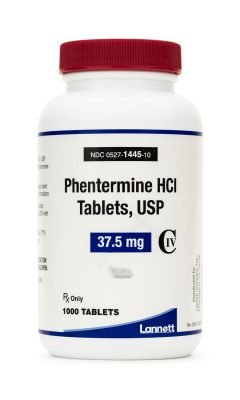
| Amount | 100 pills, 30 pills, 60 pills |
|---|
Reviews
There are no reviews yet.
Related products
Pills
Pills
Pills
Pills
Pills

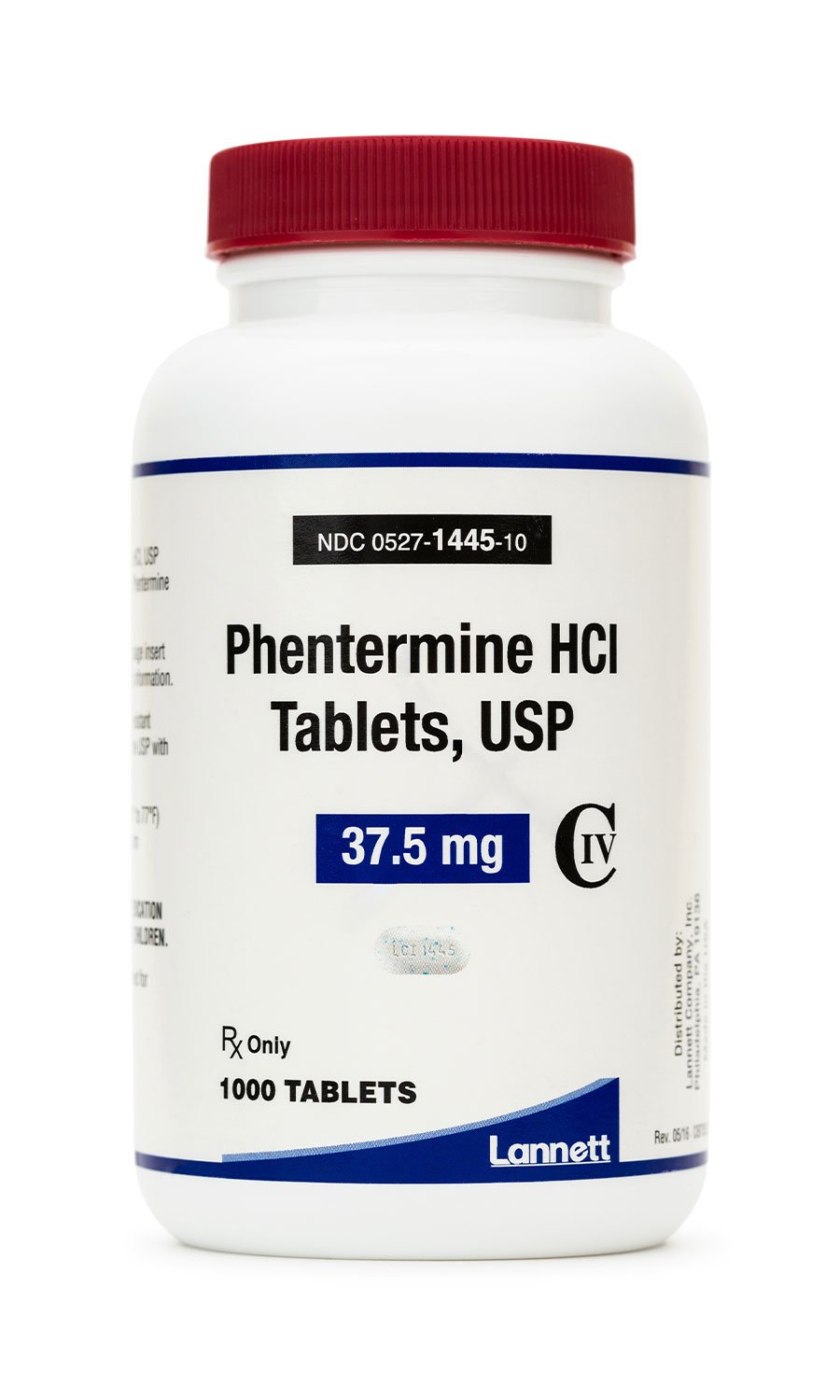
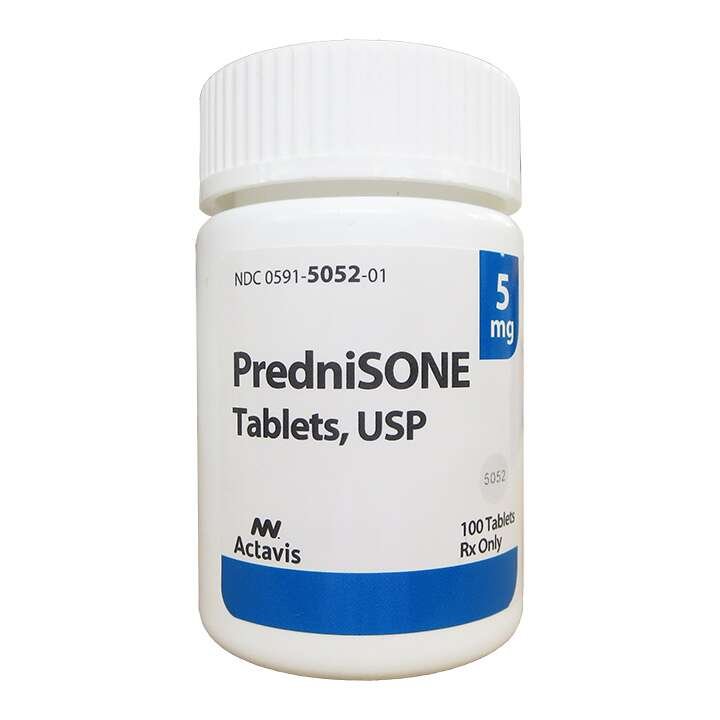






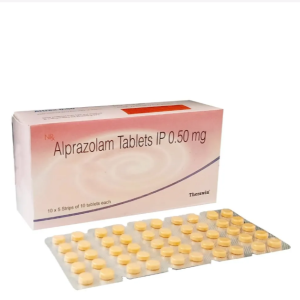

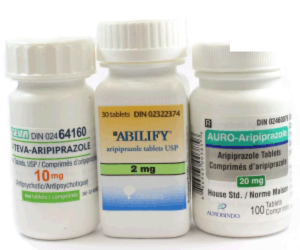
Be the first to review “Phentermine Tablets”